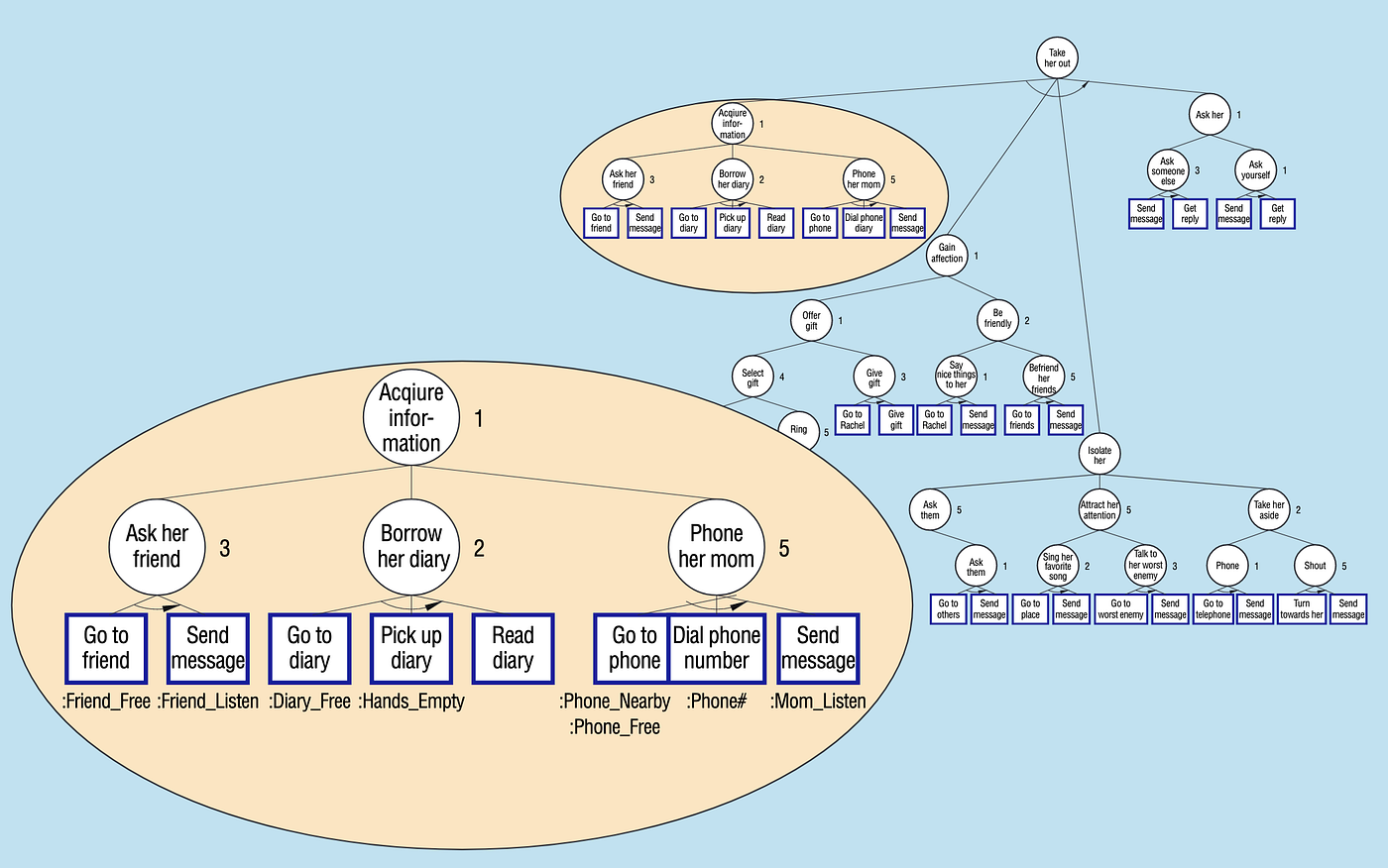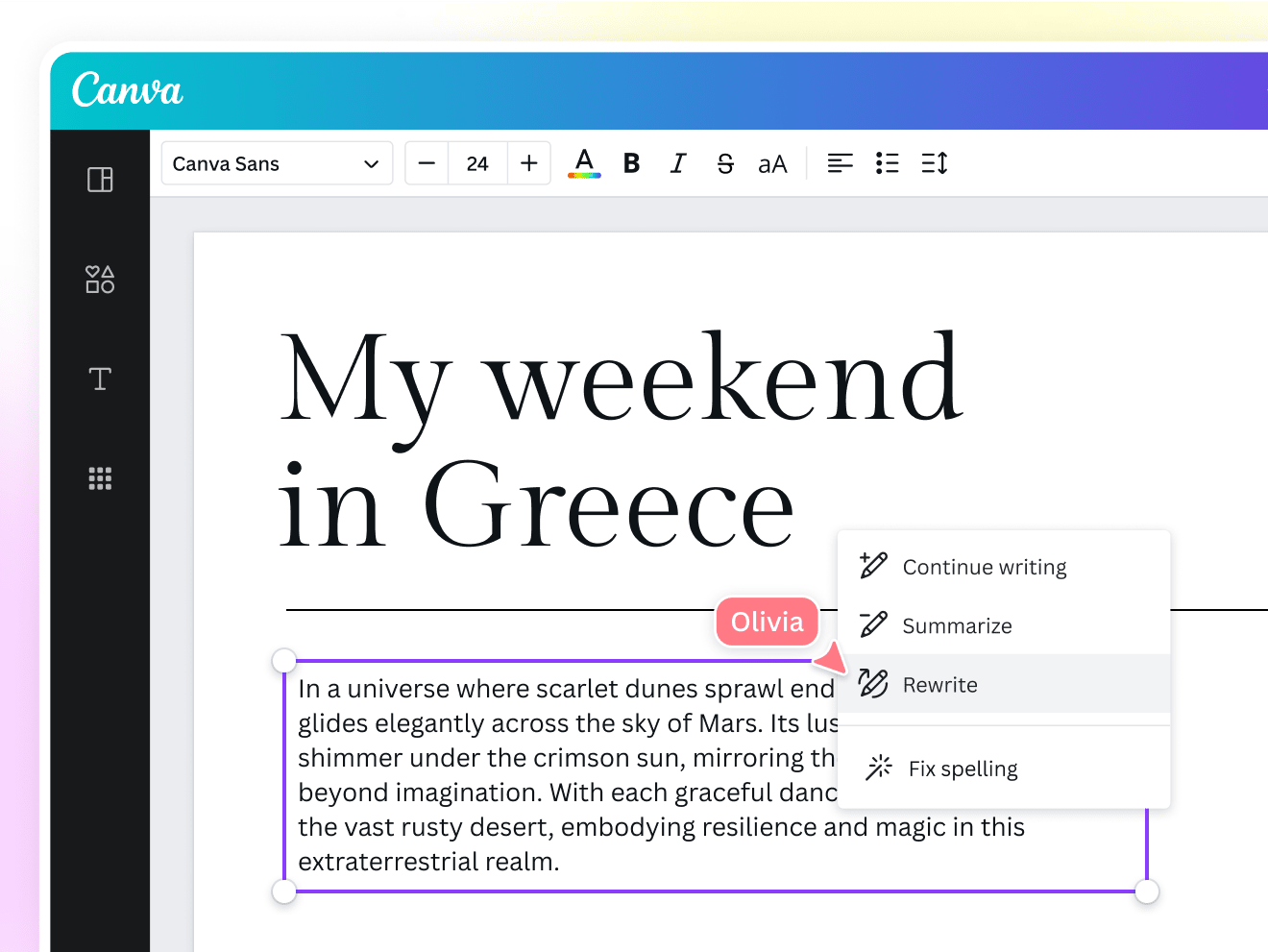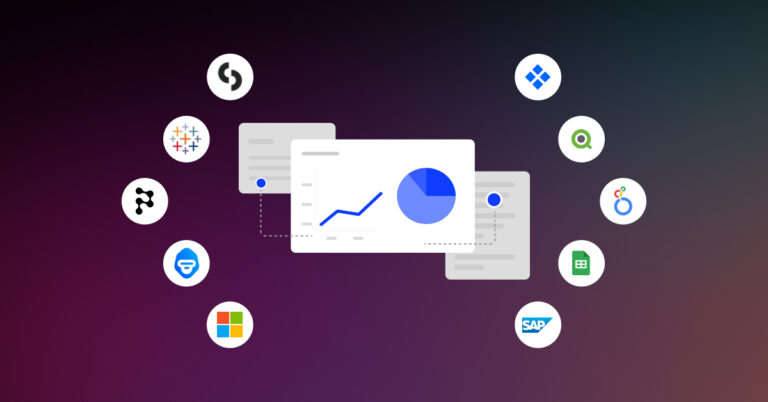System Writing Prompt for Ai Narrative Story Telling: Boost Creativity
Artificial intelligence has revolutionized many fields, including storytelling. AI narrative storytelling is the latest trend in creative writing.
Imagine a world where AI helps craft engaging stories. This is not science fiction anymore. AI can write narratives based on specific prompts. By using system writing prompts, AI can develop unique and compelling stories. These prompts guide the AI, ensuring the story stays on track.
For writers, this means more creativity and less writer’s block. Readers get to enjoy fresh and innovative tales. So, let’s explore how system writing prompts can enhance AI narrative storytelling and make it a powerful tool for writers.
Introduction To Ai In Storytelling
Artificial Intelligence (AI) has transformed many fields. One of the most intriguing is storytelling. This intersection of technology and creativity is opening new possibilities. Writers and developers are now exploring AI’s potential to craft compelling narratives.
Historical Background
The idea of machines generating stories is not new. Early experiments date back to the 1960s. Computer scientists used algorithms to create simple narratives. These stories lacked depth but showed potential.
Over time, advances in AI led to more sophisticated story generation. Early AI models were rule-based. They followed strict guidelines to construct stories. This approach had limitations. The narratives were predictable and lacked creativity.
Current Trends
Today, AI in storytelling has evolved. Modern AI models use machine learning and natural language processing (NLP). These technologies enable AI to understand and generate human-like text. AI can now create complex characters and intricate plots.
One popular trend is using AI to assist writers. Tools like OpenAI’s GPT-3 can provide suggestions and complete sentences. This helps writers overcome writer’s block. It also allows them to explore new ideas.
AI-generated content is also making its way into mainstream media. Some publishers use AI to generate news articles. AI can quickly analyze data and produce informative pieces. This is especially useful for covering breaking news.
| Approach | Characteristics | Limitations |
|---|---|---|
| Rule-Based | Follows predefined rules | Predictable, lacks creativity |
| Machine Learning | Uses data to learn patterns | Requires large datasets |
| Natural Language Processing | Generates human-like text | May produce biased content |
AI in storytelling is a growing field. It offers exciting opportunities for writers and developers. As AI technology advances, the line between human and machine-generated stories will blur. This will lead to even more innovative narratives.

Credit: www.linkedin.com
Benefits Of Ai For Writers
Writers often seek tools to enhance their creativity and productivity. AI offers several benefits, making the writing process easier and more efficient. By leveraging AI, writers can explore new ideas and streamline their workflow.
Enhanced Creativity
AI tools can suggest fresh ideas and plot twists. These suggestions can spark new creative directions. Writers can explore different narratives they might not have considered.
AI can also help generate character names and settings. This saves time and adds diversity to the story. Writers can focus more on developing the plot.
Improved Productivity
AI can help manage writing schedules. It can send reminders to keep writers on track. This ensures deadlines are met without last-minute stress.
AI tools can also proofread and edit text. This reduces errors and improves the overall quality of the writing. Writers spend less time on revisions and more on creating content.
How Ai Generates Story Ideas
AI has dramatically transformed the way we generate story ideas. It uses advanced algorithms and vast data to create compelling narratives. The process is not just about random generation; it’s a blend of science and creativity.
Algorithms And Techniques
At the heart of AI’s story generation lies sophisticated algorithms. These algorithms analyze patterns and structures in existing stories. They identify key elements that make a narrative engaging. AI uses natural language processing (NLP) to understand and create human-like text. NLP involves breaking down text into components like syntax and semantics.
Another technique is machine learning (ML). ML models are trained on vast datasets of stories. They learn to predict what comes next in a narrative. This predictive capability helps in crafting coherent and interesting plots. AI can also use deep learning for more complex storytelling. Deep learning models can understand intricate plot details and character development.
Sources Of Inspiration
AI draws inspiration from various sources. One major source is literary databases. These databases contain thousands of books, articles, and scripts. AI analyzes these texts to find common themes and structures.
Another source is user input. Users can provide prompts or keywords. AI then generates stories based on these inputs. This allows for personalized and tailored narratives. Social media is also a rich source of inspiration. AI scans platforms like Twitter and Reddit for trending topics and themes. This helps in creating stories that are relevant and timely.
AI also looks at historical data. Historical events and figures can be used to create engaging and educational stories. This data provides a rich tapestry of human experience that AI can weave into its narratives.

Credit: mark-riedl.medium.com
Tools For Ai-assisted Storytelling
AI-assisted storytelling is transforming the way we create narratives. Various tools are available to help writers craft stories with AI. These tools range from software that generates text to platforms that offer story structure suggestions.
Popular Software
Several AI tools stand out in the field of storytelling. One of the most popular is Grammarly. It not only checks grammar but also suggests better sentence structures. Another notable tool is Scrivener. This software helps writers organize their ideas and chapters efficiently. For those needing inspiration, Jasper AI generates creative content based on your prompts. Tools like these make writing faster and more efficient.
User Experiences
Writers have shared positive experiences with AI-assisted tools. Many appreciate the time saved in drafting and editing. One user mentioned that Grammarly improved their sentence clarity. Another writer found Scrivener helpful in organizing their complex storylines. Jasper AI was praised for generating unique story ideas. Users find these tools enhance their creative process.
Challenges And Limitations
System writing prompts for AI narrative storytelling hold great promise. Yet, they come with their own set of challenges and limitations. These challenges can affect the quality and ethical standards of AI-generated content.
Ethical Concerns
AI in storytelling raises several ethical concerns. One major issue is bias. AI systems can reflect and amplify societal biases. This happens because they learn from existing data, which may contain biased information.
Another ethical issue is the potential for misinformation. AI can generate convincing but false narratives. This could mislead readers. Ensuring the accuracy of AI-generated stories is crucial.
Privacy is also a concern. AI systems often require large datasets. These datasets can include personal information, leading to privacy risks.
Technical Constraints
Technical constraints affect the quality of AI narratives. One key issue is coherence. AI can struggle to maintain a logical flow in longer stories. This can make the narrative hard to follow.
Creativity is another challenge. While AI can generate text, it often lacks true creativity. It can mimic existing styles but may fail to create original content.
Resource limitations also play a role. AI systems require significant computational power. This can be a barrier for smaller organizations or individual creators.
| Challenge | Description |
|---|---|
| Bias | Reflects societal biases from training data. |
| Misinformation | Generates convincing but false narratives. |
| Privacy | Uses large datasets with personal information. |
| Coherence | Struggles to maintain logical flow in stories. |
| Creativity | Lacks true originality in content creation. |
| Resources | Requires significant computational power. |
Case Studies And Success Stories
Case studies and success stories showcase how AI narrative storytelling transforms content creation. They provide real-world examples of AI’s impact on writing. These stories highlight the effectiveness and potential of AI in various fields.
Famous Examples
Several well-known instances illustrate the power of AI in storytelling. Netflix’s recommendation engine uses AI to personalize user experiences. It suggests shows and movies based on viewing history. This approach keeps users engaged and satisfied.
Another example is the AI-generated Harry Potter fan fiction. It was created using neural networks. The story received significant attention and proved AI’s creative potential. These examples highlight AI’s capabilities in generating engaging narratives.
Lessons Learned
From these case studies, we learn valuable lessons. One key takeaway is AI’s ability to analyze vast amounts of data. This helps create personalized content. AI can identify patterns and preferences that humans might miss.
Another lesson is the importance of human-AI collaboration. AI can generate ideas and drafts. But human writers refine and polish the content. This partnership ensures high-quality and engaging narratives. It combines the strengths of both human creativity and AI efficiency.
Future Of Ai In Narrative Writing
The future of AI in narrative writing is bright. AI can shape the way stories are told. Writers can harness AI to create new and exciting narratives. AI tools are evolving quickly. They are becoming more advanced and user-friendly. They help writers craft engaging and unique stories. Let’s explore the predicted trends and potential innovations in this field.
Predicted Trends
- Personalization: AI will enable writers to create personalized stories for readers.
- Collaborative Writing: Writers and AI will work together seamlessly.
- Enhanced Creativity: AI will suggest unique plot twists and character developments.
- Faster Production: AI will speed up the writing process, making it more efficient.
Potential Innovations
AI-driven Plot Generators: These tools will help writers generate complex plots. They will suggest interesting story arcs and potential outcomes.
Character Development Tools: AI will assist in creating rich and dynamic characters. Writers can use these tools to build detailed character profiles.
Dialogue Enhancers: AI will improve dialogue by making it more natural and engaging. It will help writers craft conversations that feel real.
Real-time Feedback: AI will provide instant feedback on writing. This will help writers improve their work quickly.
| Feature | Description |
|---|---|
| Personalization | Tailored stories for individual readers. |
| Collaborative Writing | Seamless cooperation between writers and AI. |
| Enhanced Creativity | Unique plot twists and character developments. |
| Faster Production | Speeding up the writing process. |
The future of AI in narrative writing is exciting. Writers will have powerful tools at their disposal. These tools will help them create stories that captivate readers. AI will play a key role in this transformation.
Tips For Writers Using Ai
Using AI for narrative storytelling can be both exciting and challenging. Writers can benefit from AI tools, but they also need to be aware of potential pitfalls. Here are some tips to help you make the most of AI in your writing journey.
Maximizing Benefits
To maximize the benefits of AI in storytelling, follow these steps:
- Set Clear Goals: Define what you want to achieve with AI. Whether it’s generating ideas, creating outlines, or writing full stories, having clear goals will guide your use of AI.
- Use AI for Brainstorming: AI can generate fresh ideas and plot twists. This can help you overcome writer’s block and find new angles for your story.
- Enhance Creativity: Combine your creativity with AI suggestions. This collaboration can lead to unique and engaging narratives.
Overcoming Challenges
While AI is a powerful tool, there are challenges to consider:
- Maintaining Originality: AI can sometimes produce generic content. Ensure your voice and style remain unique by editing and personalizing AI-generated text.
- Quality Control: Not all AI outputs are perfect. Always review and refine the content to ensure it meets your standards.
- Ethical Considerations: Be mindful of ethical issues. Use AI responsibly and avoid generating harmful or misleading content.

Credit: www.canva.com
Frequently Asked Questions
What Is Ai Narrative Storytelling?
AI narrative storytelling uses artificial intelligence to create engaging stories. It involves algorithms generating plots, characters, and dialogues. This technology enhances creative writing by providing unique and innovative story ideas.
How Does Ai Improve Storytelling?
AI improves storytelling by generating diverse plots and characters. It helps writers overcome creative blocks. AI can also suggest narrative structures and enrich stories with unique elements.
Can Ai Create Original Stories?
Yes, AI can create original stories. It uses algorithms to generate unique plots, characters, and dialogues. AI’s creativity is based on data, leading to fresh and innovative narratives.
What Tools Are Used For Ai Storytelling?
AI storytelling uses tools like GPT-3 and other language models. These tools generate text based on prompts. They help writers by providing creative story ideas and enhancing narrative development.
Conclusion
Effective AI storytelling prompts ignite creativity. They also guide engaging narratives. These prompts assist writers in crafting unique stories. Consistent practice with AI tools enhances narrative skills. Remember, simplicity in prompts often yields the best results. Experiment and refine your approach.
Your AI stories will improve over time. Enjoy the journey of storytelling with AI. Happy writing!





